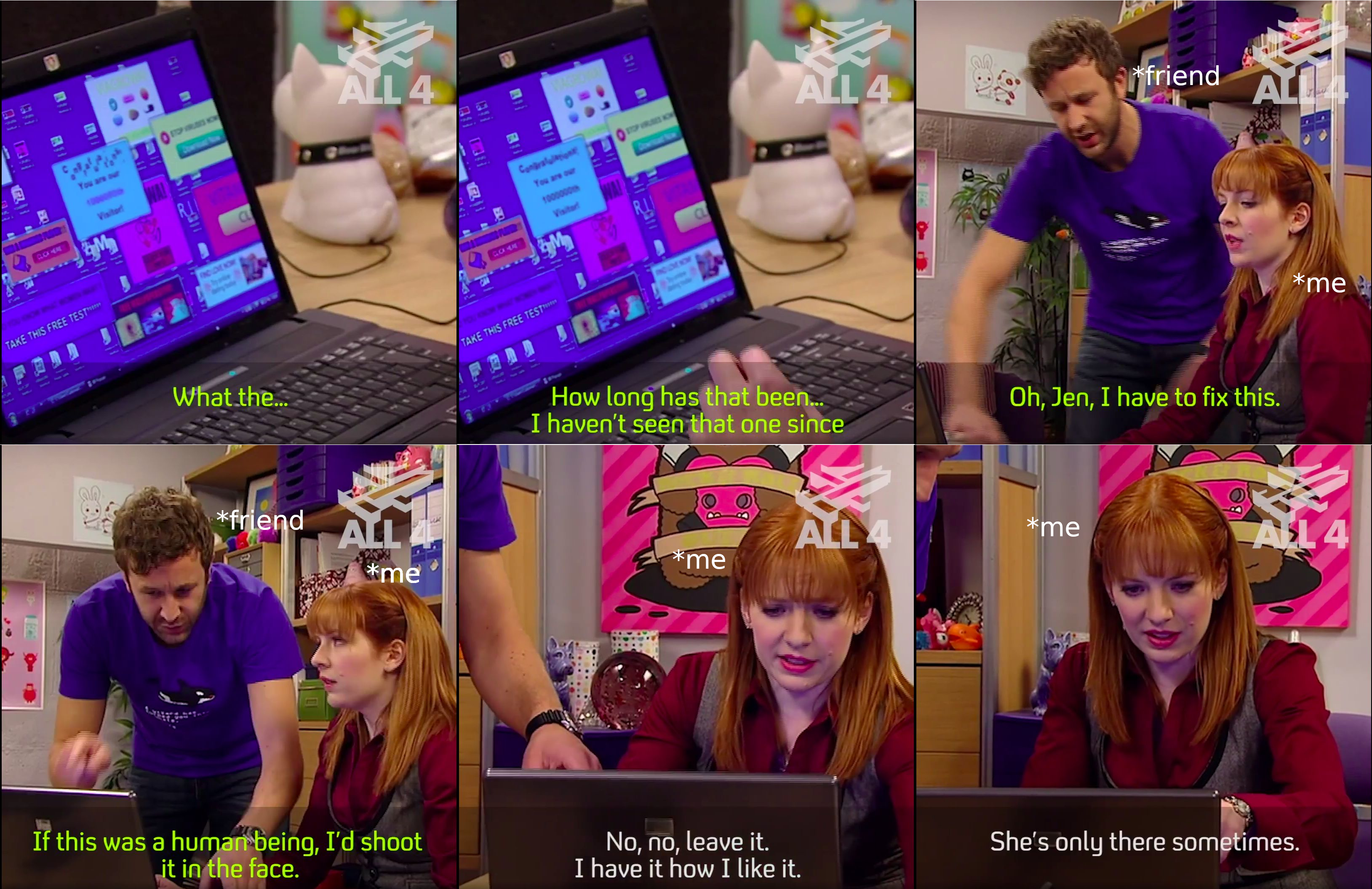I recently came across the following video on YouTube.
When the first bug on Launchpad was originally filed in 2004, the marketshare of Linux in the desktop space was around 3.1%. So even after 18 years, there has not been even a dent in the total domination of the market by Windows and MacOS, no matter how many missteps are taken by them. The hope that when one wanders into and finds a store selling laptops/desktops pre-installed is still just a distant dream.
However there has been some progress in this market because there has been a big increase in a number of small companies who make laptops on a small scale with Linux pre-installed such as System76, StarLabs, Tuxedo, Framework, etc. However these cater to mostly the high-end market segment. At that price point, it is very unlikely to atrract first time Linux users; the users would expect to get little to no support from a small scale manufacturer and there is no incentive to not buy Windows laptops from big manufacturers who offer better support and better hardware at the same price point.. The only market that these cater to would be Linux enthusiasts who want to but something different and they trust themselves to deal with minor problems with their systems if and when they occur.
What surprises me more is that there has been no effort to make a Chromebook alternative running Linux as it seems to be the most obvious segment where Linux machines would be a drop in replacement for most people without much change in their workflow. The only problem I can see there is that Google is aggressively pricing these machines because they can afford to do that as long as they can recover the costs from selling their G-Suite services.
On Reddit if you search the r/linux forum for the reasons that people switched to Linux, you will come across the same question which had been asked 3 years ago, 6 years ago and 10 years ago. In the response to these questions, there has been really little variation in the reasons given by the respondents. The reponses fall into one of the following broad categories.
The problem is not that none of these reasons highlight the positives of Linux; but that these reasons have not changed in the last 10 years. So in essence, the fabled year of the Linux desktop is not here, was never close to being here.
I wanted to briefly discuss how I got started with Linux and why this is worth discussing at this point in time. My family bought its first PC for home in 2008. I distinctly remember it to be a piece of s**t. It had 1GB RAM, 1.5GHz processor and a hard disk of 250GB which was in no way powerful even by 2008 standards. It ran on Windows XP SP3 and when Windows 7 released in 2009-2010, it was already out of date because Win7 required a minimum of 2GB RAM so I decided not to upgrade. I was having some power issues with my CPU rack and I had given it to a local computer shop for repair where the shop owner had graciously offered me a Win7 bootlegged copy for free. This upgrade had led to a lot of lagging on Win7 so I decided decided to revert back to Win XP. I had recently been introduced to torrents but was not yet aware of the dangers of torrenting random stuff off the internet. So I had downloaded a Chinese malware ridden bootlegged copy of WinXP. It was weird and had a lot of popups and widgets for some reason. But it ran without issues which was all I needed at the time.
It so happened that a few friends came over to my house and they saw my PC. The conversation went something like the following:

It was then that I was first introduced to Ubuntu. It was not an LTS release but I think it was 11.10. It was definitely Unity because I distinctly remember the panel on the left. It was kind of new and definitely looked more fresh than WinXP. Plus it fulfilled my basic requirements minus the whole downside of being full of malware. Ofc my friend also pointed out that it didnot need an antivirus, his reasoning being:

Needless to say I have been a big fan of Linux ever since. Over the years as I leant more and dove deeper into the system, the more I started to appreciate it. And I am sure there are a lot of other people who have installed Ubuntu on their systems as a last hail mary effort to revive old systems. I personally have done that on two of my older systems both of which had outdated hardware but ran Ubuntu/Arch very well. I initially thought that this might have been a rare issue but I see a lot of posts on r/Ubuntu and r/linux where people generally use Linux on PCs and is carving out its own little niche.